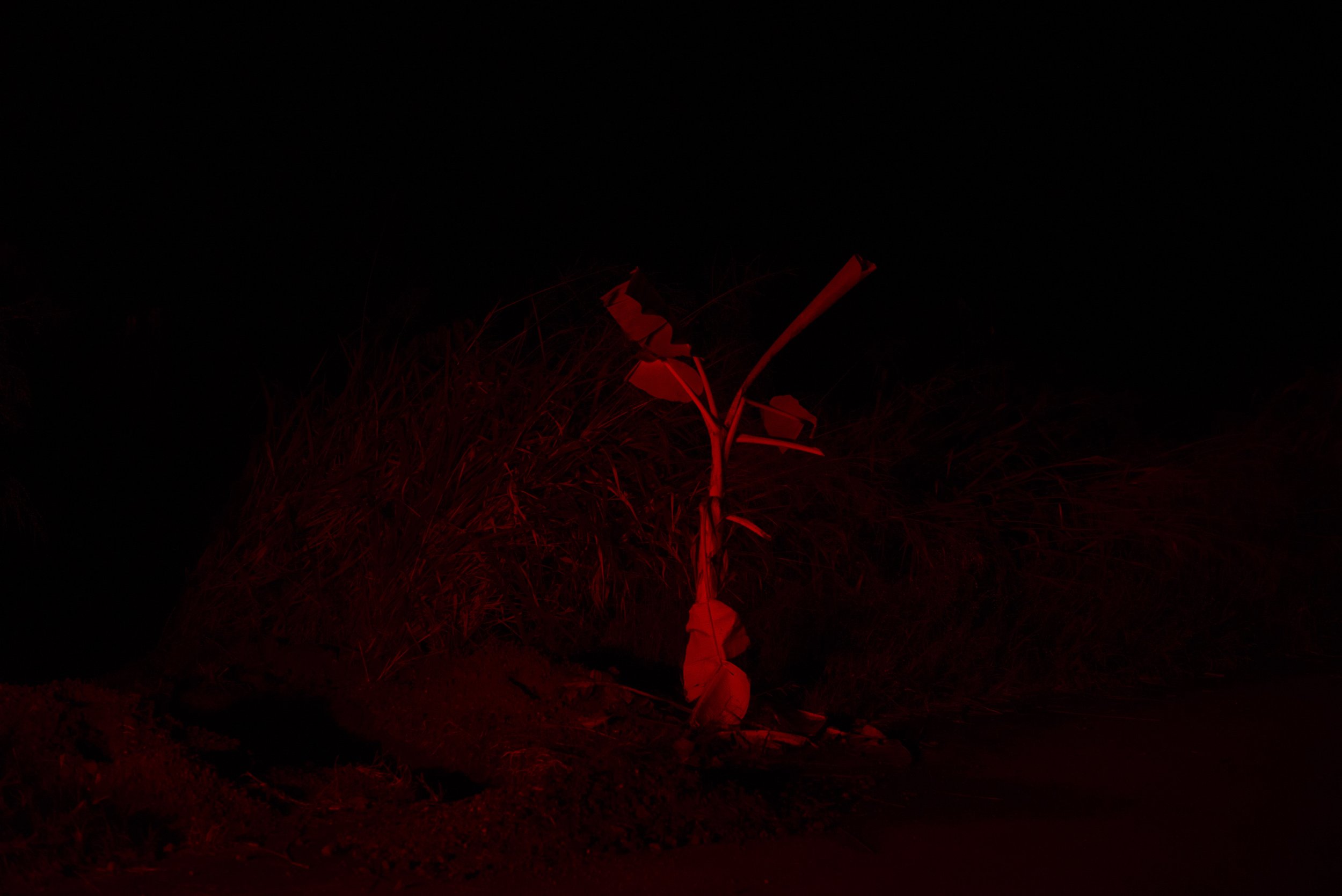"Alima b'ê dê, Naviyu b ê dê," which translates to "soul has left, ship has sailed," is a poignant line from D’jambi, a syncretic healing ritual in São Tomé e Príncipe that blends spiritual and religious traditions from Angola, Benin, and Congo with Catholicism. It is sung in Forro, São Tomé and Príncipe National language, and is a consequence of Portuguese colonialism, as this archipelago played a central role in the Portuguese slave trade from the 16th to the 19th century.
Despite colonial violence, D’jambi has endured and remains a powerful symbol of São Tomé and Príncipe’s culture and identity, with its social relevance being paramount. However, in recent decades Evangelical Churches have grown in influence in the country, bringing religious diversification, but also generating cultural tensions. They moralize and demonize D’jambi, framing it as a practice belonging to a dimension of "evil," which can be seen as a form of cultural and spiritual neo-colonialism. This strongly collides with a centuries-old religious practice fundamental to individual and social balance.
Central to D'jambi's preservation is Doutor Pajó, a young healer whose ceremonies are now sought in São Tomé and Príncipe but also by the diaspora that lives in Portugal. Going the opposite route to its colonizers, he makes the D’jambi resist by performing it beyond its geographical limits.
Through photographs, videos, sound recordings, and interviews with local healers, anthropologists, writers, and poets, this project documents D’jambi’s resistance to its marginalization in São Tomé and Príncipe and in Portugal, highlighting it as a crucial cultural heritage. It captures the intense rhythms and bodily movements that precipitate individuals into becoming vessels for spirits within the 'terreiro', that "toma santu" (incorporate a spirit), offering a profound meditation on life, death, individual and broad conceptions of health, and the spiritual legacy of colonialism.
In conclusion, "Alima b'ê dê, Naviyu b ê dê" presents a nuanced interpretation of spirits and ancestral presences as agents challenging historical narratives and calling for social justice. By connecting historical events with ongoing discussions about identity and resilience, the project offers a reflective space for confronting colonial traumas and fostering cultural dialogue.





























